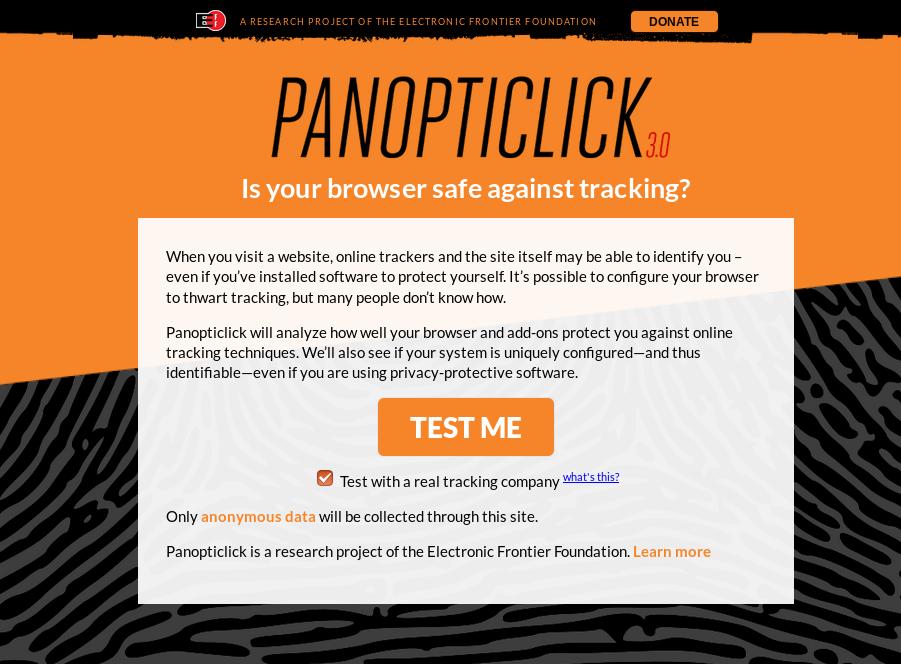All Posts
A word about online spoof stories and chain email
As I wrote in the Online Loser Guide, Internet is a wonderful thing, but should be used with lots of attention. Following the flow without thinking you just risk to contribute to lots of confusion, as shown in the example below (which is quite recent, even if for several reasons I was unable to publish it earlier).
Why I won't sign the "Internet For Democracy" Petition
The online petition of the week, at least in Europe, is called “Internet for Democracy - Shut Down the Europarliament. Now!". I will not sign it, and I recommend everybody to do the same. However, I do suggest that everybody reads it because it’s about very general issues that you should really, really think about.
A simple exercise about online privacy
We regularly hear from prime time news or urban legends how Internet is some sort of Big Brother (the real one…) able to track and report to some more or less hidden controllers everything we do online, to the point that what was once called privacy is dead.
The real effect of the Internet on Catholicism (or any other religion)
The Online Loser Guide that I just wrote was born also as a reaction to a vision of the Internet (haven for perverted and terrorists, huge time-wasting toy or mere work tool) very limited and narrow-minded. A proof that the effects of digital technologies are much deeper is in how they are influencing the religious sphere, in ways still largely ignored by traditional, mainstream media and by many blogs. The following paragraphs contain some evidence of this trend in Catholicism, but I’d guess that the same general concept is valid for any other religion (more on this at the end).
The Online Loser Guide, 2010 edition
Introduction: awareness of the immense power of the Internet is so widespread these days that it is almost impossible to look a fool by using it in the wrong way. Should that be your goal, however, follow the advice below!
